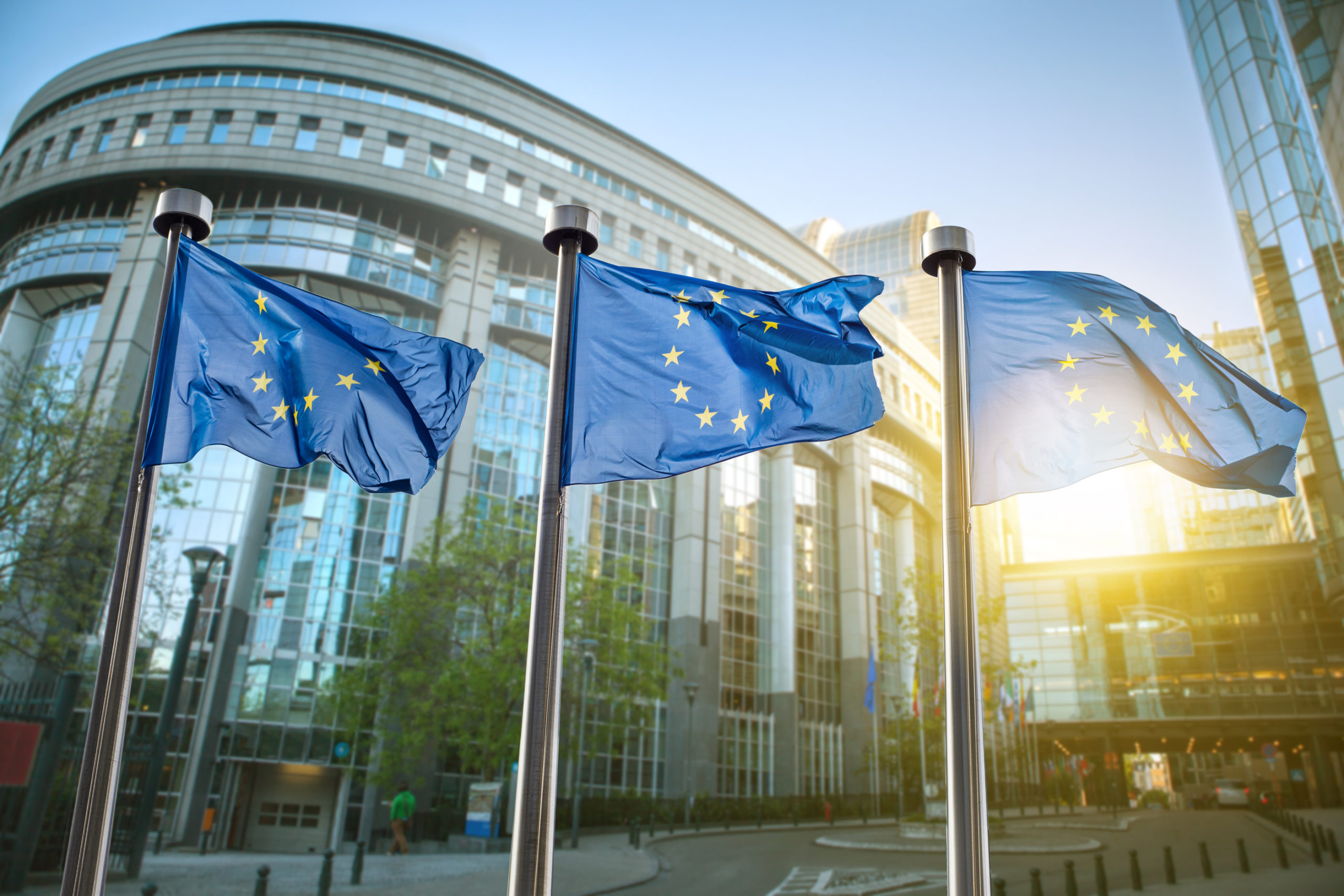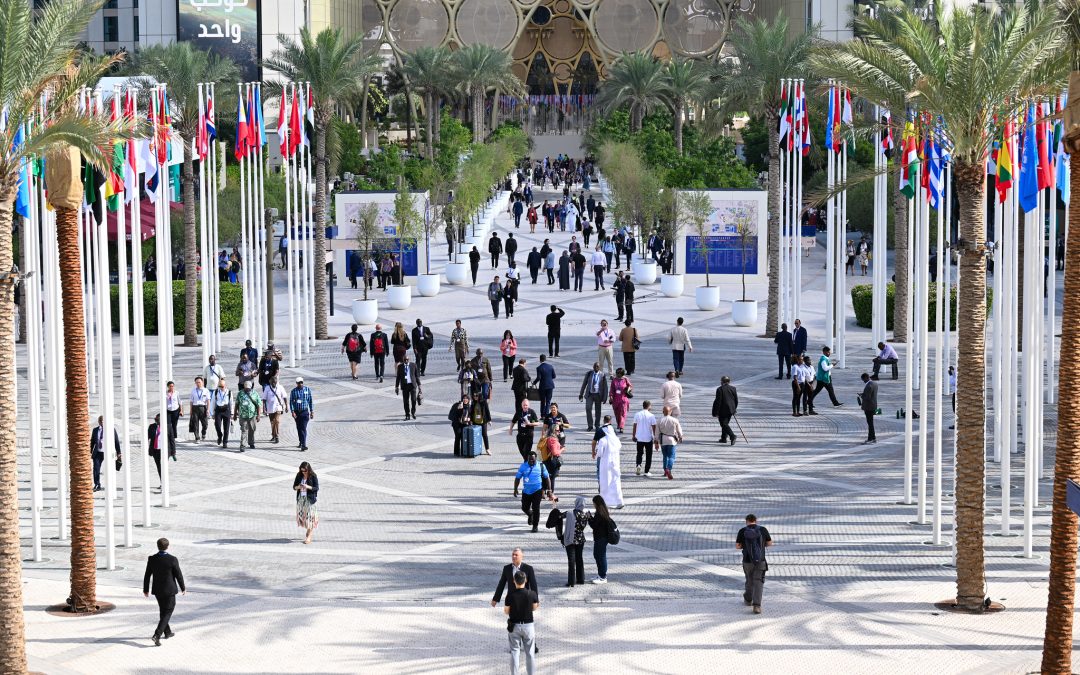Recent coverage of Spain in the international press has been mainly focused on its national parliamentary elections. However, there’s more to be interested in, as the country has taken over the rotating presidency of the European Union as of July 1st. This is particularly intriguing for Hungary since it marks the beginning of an 18-month presidency trio involving Spain, Belgium, and Hungary. What can we expect in terms of green policies in the program that culminates in Hungary’s presidency in 2024?
The European Council’s rotating presidency is held by a different member state every six months. During their presidency, member states have the opportunity to set their own priorities, which they aim to address in addition to the daily agenda. However, these priorities must also align with the 18-month program of the presidency trio. With the Spanish Council Presidency starting in July, it fits into the Spanish-Belgian-Hungarian program. Given Hungary’s involvement in shaping this program and the fact that Hungary will be executing the program in the final semester, starting in July 2024, it’s worth examining what green policy priorities and challenges lie ahead.
The program of the Spanish-Belgian-Hungarian trio was presented during the General Affairs Council meeting at the end of June. As this is the second time this trio has worked together since 2010-2011, the countries have had the opportunity to collaborate in the past. The program will focus on various topics over the next 18 months, including improving the global competitiveness of the EU through industrial strengthening, digitalization, and green transition. It also aims to ensure fair, equitable, and socially sensitive economic development and strengthen international cooperation and security.
One specific chapter of the trio’s program is dedicated to “Building a climate-neutral, green, fair, and social Europe.” It emphasizes the importance of implementing and achieving the objectives of the climate policy legislative package known as “Fit for 55” and maintaining the EU’s leading role in international climate negotiations. Additionally, the program highlights the preservation of biodiversity, European forest conservation, and the importance of proper waste management. Furthermore, it will address the continuation of a clean energy transition and the greenification of transportation, which are understandable goals in light of the recent energy crisis.
A key aspect of this program is to ensure a safe, sustainable, and affordable energy supply for EU citizens and businesses, which is vital for enhancing competitiveness.
Lastly, the trio’s program includes several social, health, and cultural objectives, and their relationship with the green and digital transition, to ensure inclusivity, fairness, and social sensitivity.
It’s important to note that these are preliminary programs, and the situation may necessitate adjustments to the presidency priorities, as we have seen with the recent outbreak of the conflict in Ukraine and the energy crisis.
The green challenges ahead of the Hungarian presidency
As there exists a presidency trio program that spans across presidencies, individual member states with rotating presidencies also announce their own priorities aligned with the trio program. The Hungarian presidency has not officially presented its agenda yet, and we can only infer its content from the announcement made by Judit Varga, the outgoing Minister of Justice who was also responsible for European affairs. While the specific EU legislative tasks will crystallize after the preceding Belgian presidency, preliminary plans indicate that the Hungarian presidency, starting on July 1, 2024, will focus on key topics such as improving competitiveness, supporting EU enlargement, and strengthening the common defence policy. Although environmental protection may not be highlighted as a top priority, the Hungarian presidency is expected to address some related issues.
At the EU level, one of the major topics for the coming year will be negotiating and adopting new EU climate targets for 2040. The European Scientific Advisory Board on Climate Change (ESABCC), which includes a Hungarian researcher, Vera Eöry, recently presented its proposal for new 2040 climate targets. According to their proposal, the EU should aim to reduce net greenhouse gas (GHG) emissions by 90-95% compared to 1990 levels. While this is currently only the ESABCC’s suggestion, in line with the European Climate Law, the European Commission is expected to present the official proposal by May 2024. Much will depend on the ambitions of the then-presiding Belgium and the results of the European Parliamentary elections in June 2024, but it is likely that the final negotiations for the 2040 EU targets will be the responsibility of the Hungarian presidency.
Beyond achieving the EU’s climate neutrality goal by 2050, it’s crucial to set intermediate targets as soon as possible, and the EU delegation cannot come to the 2024 UN Climate Conference with “empty hands.” At this year’s climate conference, there will be the first-ever global stocktake of states’ climate efforts. Given that current scientific reports indicate insufficient progress toward the goals of the Paris Agreement, the global stocktake is likely to call on national governments to do more to slow down climate change and reverse its negative impacts. Consequently, in 2024, there will be pressure on major emitters, including the European Union and its member states, to make more ambitious commitments. Therefore, it would be essential for the Hungarian presidency to reach at least a political agreement on the EU’s new 2040 climate targets before the UN climate conference.
Furthermore, a significant focus at the climate conference will be on adopting a new long-term goal on climate finance. Climate financing refers to developed countries supporting climate mitigation efforts in developing countries and providing resources for that purpose. The current goal aims to provide $100 billion annually, but this target has not yet been achieved by developed countries. Restoring trust and supporting global climate efforts will be crucial at the 2024 climate conference, making it essential to set an ambitious and realistic new global long-term climate financing goal. As the EU and its member states are currently the largest donors in this area, the Hungarian presidency-led EU delegation is likely to face significant pressure during the conference, as Hungarian experts will represent the EU and its member states in all negotiation forums and working groups.
In conclusion, while climate policy may not be explicitly highlighted in the current priorities of the Hungarian presidency, there will undoubtedly be several challenges for Hungarian experts to face during the second half 2024.




